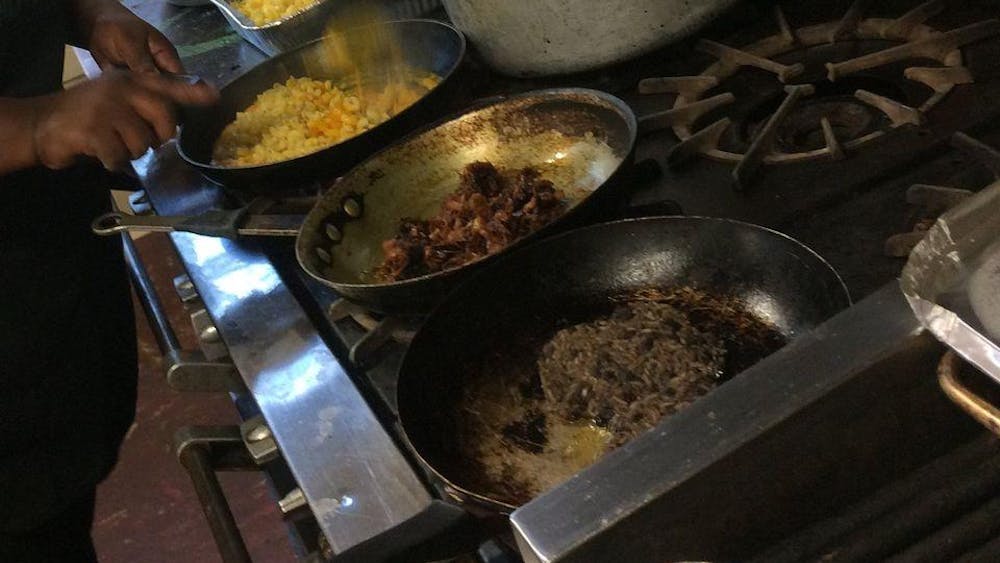Dov-Ber Kerler, professor of Germanic and Jewish Studies, had heard dozens of heart wrenching, Holocaust survivor stories. But he said nothing prepared him for the reality of listening to a firsthand, Yiddish account of a Ukrainian woman crawling to freedom from the depths of a mass grave. \nIn an effort to preserve the stories of World War II survivors, Jewish folklore and most importantly, the pure Yiddish language, Kerler traveled to Ukraine for 15 days last summer with history professor Jeffrey Veidlinger. \nThe professors' preliminary trip, consisting of 45 interviews and more than 60 hours of digital tape cassettes, marked the beginning of an ongoing study in which they hope to save the endangered culture of the "last" Yiddish speakers.\n"This way it will stay forever, or at least we hope so," Kerler said, putting a mini videocassette into the camera. \n"Nothing is forever," he said, correcting himself before pushing the "play" button. \nFootage from a synagogue filled the screen as a 72-year-old Jewish man's smile overtook the monitor.\nOn their last trip, Kerler and Veidlinger joined with Dovid Katz, a leading Yiddish expert, according to the February 2003 edition of REEIfication, the Russian and East European Institute (REEI) newsletter. They traveled through southwestern Ukraine in an attempt to find Jews who were willing to discuss their pre-World War II lives. \nThe Soviet Union's draconian laws "Russified" Jews, driving vernacular Yiddish toward extinction. Yiddish, though not a national language, was spoken by millions of Jews all over the world. In Bratslav, a city where Jews comprised 90 percent of the population prior to World War II, the team found only two families on its last expedition, Kerler said. \n"The last Yiddish-speakers are in their eighties and nineties, so we cannot wait for much longer," Veidlinger said in an e-mail. "Ultimately, we would like to collect five hundred videotaped interviews from what was once the heartland of Jewish life in Ukraine."\nThe professors would like to complete the study in the next five to seven years. \nOnce all the information has been compiled, Kerler and Veidlinger hope to organize a central video and audio archive at IU. \n"IU would be a good place for this because of the importance of folklore (studies on this campus)," Kerler said.\nREEI helped sponsor Kerler and Veidlinger's overseas work last summer. However, in order to continue with the study, the team needed to find additional financial support. \n"You can cut as many corners as possible, and you're still looking at $1,000 a day," Kerler said.\nNevertheless, he remained optimistic about finding funding. He began laughing after pulling out a photocopy of a Scripps-Howard article that describes how three professors recently received a $4.3 million grant for experiments to determine if stress can cause mice to drink. If studies on drunken mice could acquire financial aid, Kerler said he was convinced efforts to preserve Yiddish culture could obtain adequate funding.\nHis conviction proved correct. The professors' project, "The Last in situ Yiddish-speakers of Ukraine: Language, Culture and History," was recently awarded next year's IU President's Arts and Humanities Research Grant. \nWith the funding, Kerler and Veidlinger now have enough money to travel overseas for a month this coming summer.\nKerler said both he and Veidlinger are extremely delighted with the tremendous support they have received.\n"What else can I say?" Kerler asked. "It's a very nice University. It supports its own faculty"
IU professors attempt to save dying language
Get stories like this in your inbox
Subscribe





